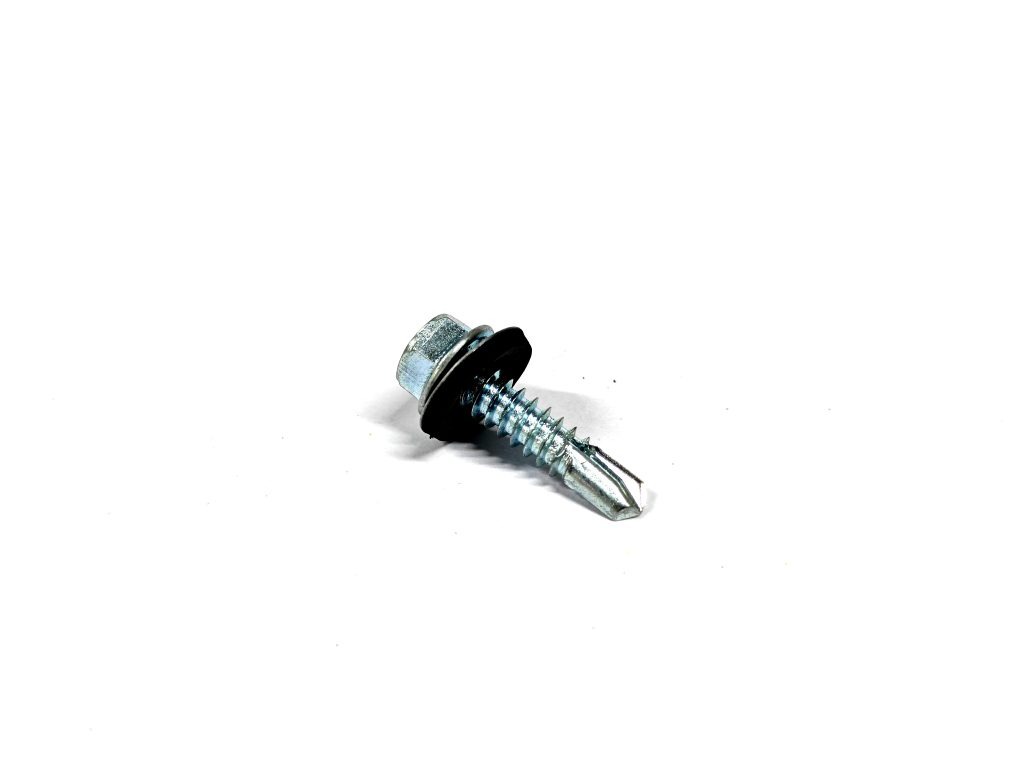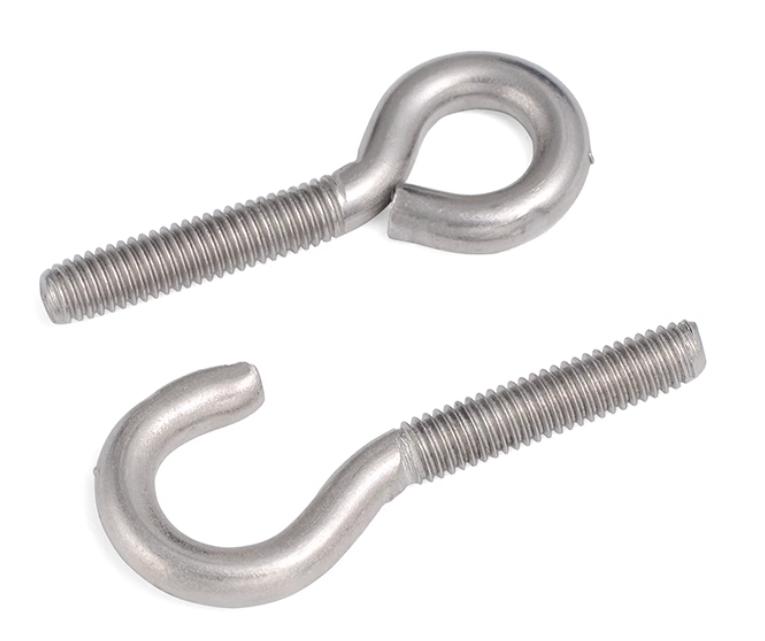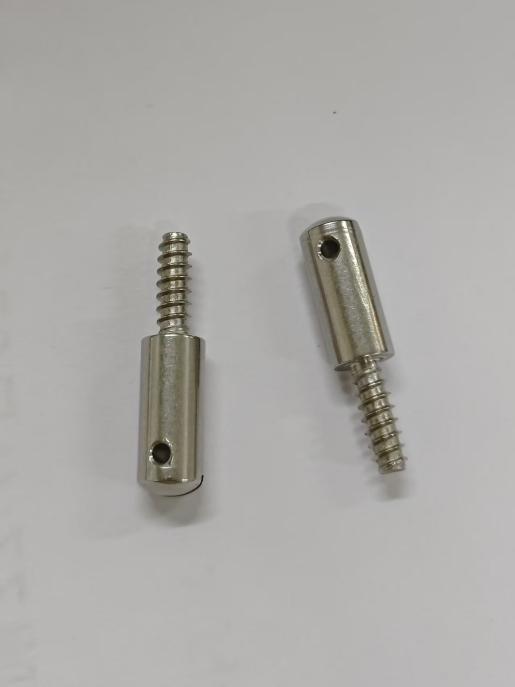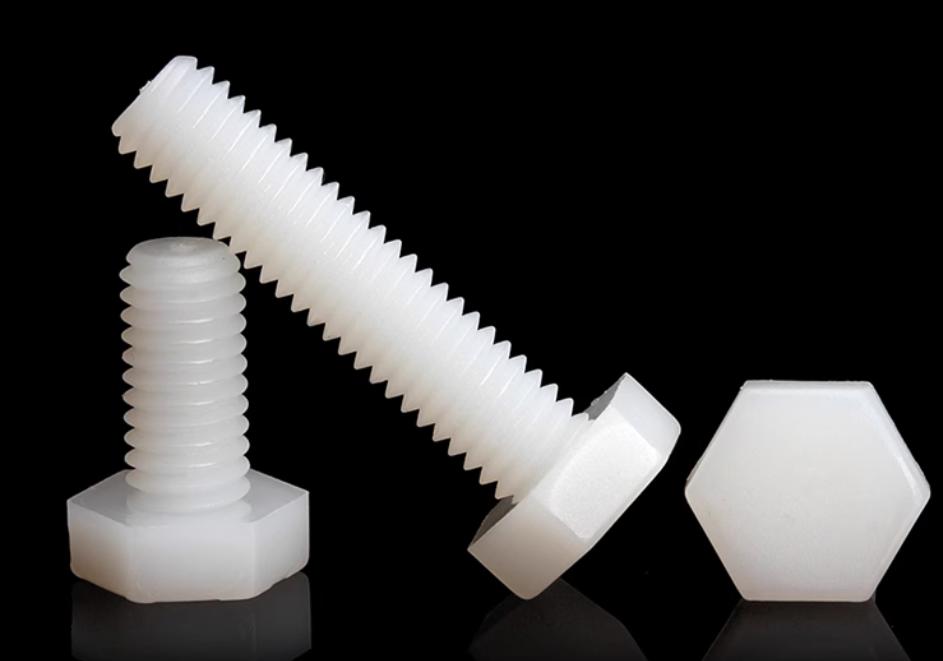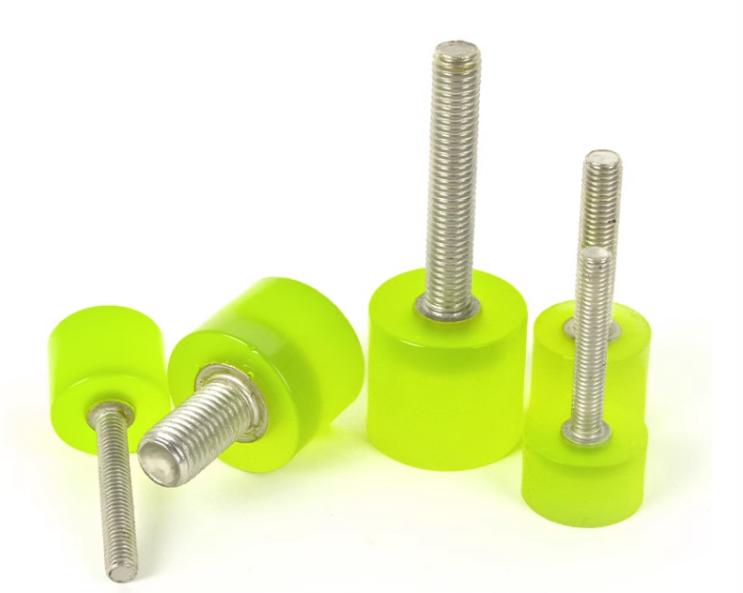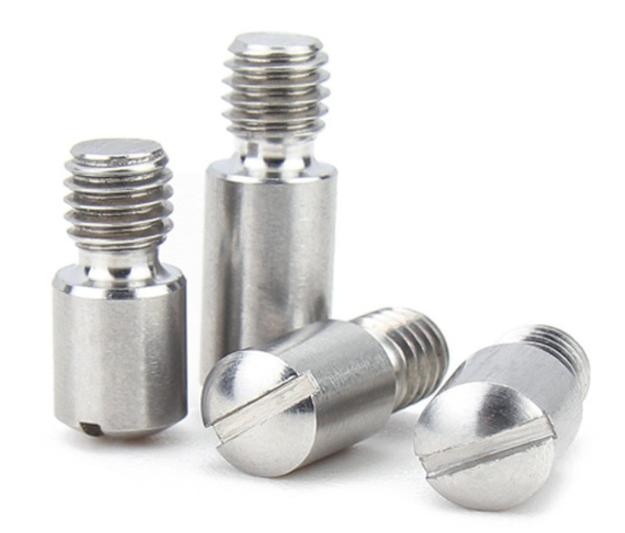Rust on Conductive Screws: What are the Causes and How to Prevent It
Rust on conductive screws is a common problem that can cause a variety of issues, including electrical shorts, corrosion, and decreased conductivity. In this article, we will explore the causes and risks associated with rust on conductive screws and provide valuable insights into prevention and remediation.
What Causes Rust on Conductive Screws?
Rust is caused by a chemical reaction between iron and oxygen. This reaction is called oxidation. When iron is exposed to oxygen, it forms a layer of iron oxide, also known as rust. The presence of moisture and salt can accelerate the oxidation process, making it more likely that screws will rust.
Conductive screws are often exposed to moisture and salt, which makes them more susceptible to rust. For example, conductive screws used in electrical applications are often exposed to moisture from the air or from condensation. Conductive screws used in marine applications are also exposed to salt water, which can accelerate the oxidation process.

What Are the Risks of Rust on Conductive Screws?
Rust on conductive screws can lead to a series of issues, some of which may not be immediately apparent but can have significant consequences for electrical systems and equipment:
- Electrical shorts: Rust can create a conductive path between two electrical conductors, which can cause an electrical short. This can damage the conductors and the equipment they are connected to. For example, if a rusty screw is used to connect two electrical wires, the rust can create a conductive path between the wires, which can cause an electrical short.
- Corrosion: Rust can corrode the metal of the screws, which can weaken them and make them more likely to break. This can lead to structural failure, especially in critical applications such as bridges and buildings.
- Decreased conductivity: Rust can decrease the conductivity of the screws, which can affect the performance of the electrical system. For example, if a rusty screw is used to connect a wire to a circuit board, the rust can decrease the conductivity of the screw, which can affect the performance of the circuit board.
How to Prevent Rust on Conductive Screws?
Fortunately, there are several effective measures that can be taken to prevent rust on conductive screws and safeguard the integrity of electrical systems:
- Use screws made from stainless steel or other rust-resistant materials. Stainless steel is a type of steel that is alloyed with chromium, which gives it excellent corrosion resistance. Other rust-resistant materials include brass, bronze, and titanium.
- Apply a rust-preventative coating to the screws. There are a number of different rust-preventative coatings available, such as paint, oil, and grease. These coatings can help to protect the screws from moisture and oxygen, which can help to prevent rust.
- Keep the screws clean and dry. Rust is more likely to form on dirty and damp screws. By keeping the screws clean and dry, you can help to prevent rust.
How to Remove Rust on Conductive Screws?
If rust has already taken hold of your conductive screws, it’s essential to address the issue promptly to prevent further damage. Here’s how to remove rust:
- Mechanical Removal: Use a wire brush, sandpaper, or other abrasive tools to mechanically remove the rust from the affected screws. This process may require some elbow grease, but it’s an effective way to eliminate surface rust.
- Apply Rust-Preventative Coating: Once the rust has been removed, apply a rust-preventative coating to protect the screws from future corrosion. This step is vital to ensure the longevity of the screws and maintain their conductivity.

In conclusion, rust on conductive screws may be a common problem, but it should not be underestimated. By understanding the causes and risks associated with rust on conductive screws and implementing preventive measures, you can ensure the reliability and safety of your electrical systems and equipment. If rust does rear its ugly head, prompt action can salvage the situation and extend the life of your conductive screws. Remember, a little prevention today can save you from significant headaches tomorrow.

